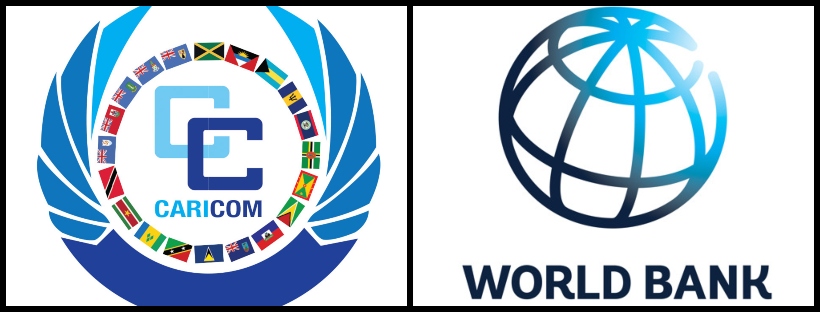The Caribbean Community (CARICOM) Secretariat announced today that it has entered a partnership with the Independent Evaluation Group (IEG) of the World Bank Group to advance the region’s Results-based Management (RBM) System.
Guyana Standard understands that the new partnership aims to contribute to the promotion of a results-oriented culture in the region by supporting the establishment and institutionalization of RBM policies and practices – initially in three pilot Member States, a regional institution, and eventually, scaling up of these efforts.
The support is expected to assist member states and regional institutions in designing policies based on lessons learned from the impact of past policies. CARICOM and the IEG are of the view that learning from evidence will help Caribbean governments better prepare for and respond to external shocks, natural disasters, and crises such as the COVID-19 pandemic.
With the global pandemic having driven as many as 100 million people into extreme poverty globally, the partners said it is essential for governments to work on developing robust systems that help make evidence-informed policies, and which support governments in tracking the progress and impact of those policies.
It was further noted that adopting a results-based management (RBM) approach and developing a culture of strong monitoring and evaluation gives member states and regional institutions the crucial tools to measure progress, learn from experience, design and amend policies based on strong evidence.
Speaking on behalf of CARICOM, Dr. Manorma Soeknandan, Deputy Secretary-General of the CARICOM Secretariat noted that over the last five years, CARICOM has steadily developed a results-based management system which has been institutionalized within the CARICOM Secretariat.
Through this partnership, the CARICOM official said, “We aim to take more concrete steps to implement and realize the adoption of RBM among CARICOM Member States and Regional Institutions towards a results-oriented Community.”
Soeknandan concluded, “Any progress in this area in our Member States and Regional Institutions will benefit our Community in its totality, including the Secretariat.”













